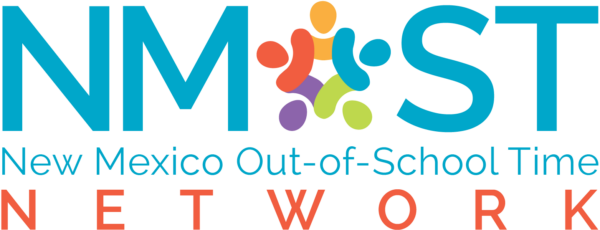Recently, I attended a webinar entitled: “Addressing the Impact of COVID-19 through Summer Learning and Enrichment,” hosted by the national Center to Improve Social and Emotional Learning and School Safety. As we look towards summer, and plan for summer learning programs this year, there are 4 key takeaways from the expertise of the individuals presenting at this webinar that I would like to share.
“Meals should not be an afterthought” –Jodi Grant, Executive Director at Afterschool Alliance.
The effects of COVID-19 have increased levels of childhood food insecurity from 1 in 4 children to 1 in 3. Afterschool and childcare providers need to take this into account as they plan for the summer. The superintendent of schools in Virginia, Dr. James Lane, who also presented, suggested that 3 meals-a-day/all-day experiences would be ideal for parents and children this summer. Be sure to take your parents’ and childrens’ nutritional needs and concerns into consideration as you prepare for summer! For guidance on The At-Risk Afterschool Meals component of the Child and Adult Care Food Program (CACFP) visit our Fighting Hunger through OST page or reach out to us directly here.
“Make sure your students are at the center of the design process” –Dr. Carol Hill, Executive Director of San Francisco Beacon Initiative
As Dr. Hill explains in the webinar, there is no better way to inspire participation and increase enrollment in your program than to have buy-in and ownership. Bring students in on the planning for the program. Ask them questions like: what would you like this program to be about? Or, what do you need from this summer? Developing this open conversation will allow you to tailor experiences to the needs of your students, center the experiences on youth voices, and contribute to the further growth and impact of your program.
“Consider using an intergenerational framework” –Dr. Kristal Clemons, National Director of Children’s Defense Fund
There is much to gain in using an Intergenerational Leadership Model in your program, particularly in times like these. Dr. Clemons was adamant on the point of intergenerational relationships and mentorship, and pointed out that this model can be particularly impactful for high school and early college students. If you can employ, or get high school and college students involved in your program as volunteers, then it’s a win-win!
“Here in the Commonwealth, we use the language of unfinished learning not learning loss” –Dr. James Lane, Virginia’s 25th Superintendent of Public Instruction.
While this is a fairly simple point, the power of language cannot be underestimated! Since COVID-19, everyone in the field of education has been concerned about the “learning loss” that will take place and how to make up this time. Dr. Lane and his schools have committed to using different language around this perceived issue and are talking about unfinished learning to throw a more positive spin on things. The connotation of a loss feels total and complete, whereas unfinished assumes there is a potential for catch-up and growth to really take place. Always consider the language you are using to frame things, particularly with your students who will take these words to heart. Dr. Lane also mentioned how their staff is working on ways to rethink school calendars to have more time–so stay tuned!
The Afterschool Alliance has put together an amazing guide for school leaders to use as they look towards summer. Learn about how you can utilize American Rescue Plan funds, the outcomes and elements of quality programming, and more.
Let’s look forward to a beautiful summer together, and consider the ways that COVID-19 has pushed us to pivot, reimagine, and innovate, and come through with some of the best summer learning experiences yet!
